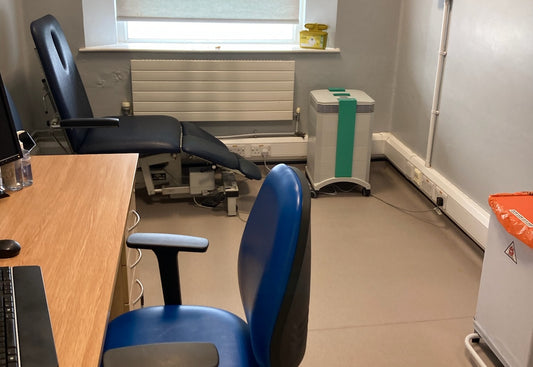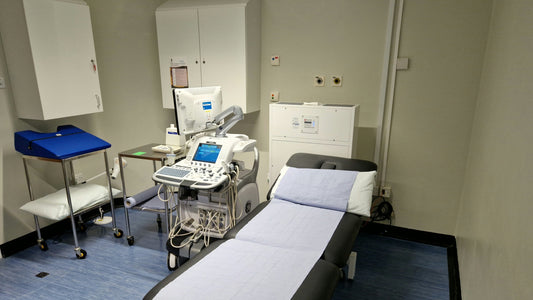A recent landmark study by an MIT researcher shows the impact of poor indoor air quality on decision making, offering insights that could change how we approach cognitive performance in school classrooms. While the study supports the well documented negative effect of fine and ultra-fine pollution on general health, it is one of the first robust studies to confirm air pollution's effect on decision making.
The focus of the study centred around a group of chess players and their decision-making process in an environment with increased levels of fine particulate pollution (PM2.5). Using computer analysis of each player’s moves, the researchers found that the chess players performed objectively worse while being exposed to airborne pollution, with the probability of an erroneous moves increasing by 2.1%, and the scale of the errors increasing by a significant 10.8%.
As the co-author of the study notes, the “results have important implications for policy. The results highlight the relevance of indoor air quality for strategic decision making.” While the study was conducted on chess players, the findings highlight the importance of improving indoor air quality in all types of indoor environments where decision processes are vital. As the Royal College of Physicians (RCP) and Royal College of Paediatrics and Child Health (RCPCH) recently highlighted the need for a greater focus on the impact of poor indoor air quality in schools, this MIT study further emphasises the importance of clean air quality in classrooms.
Improving ventilation methods is often cited as one of the ways to improve indoor air quality. However, as most schools are in urban environments, the fine and ultra-fine pollution children are exposed to, come from the outside. Furthermore, natural ventilation impacts classroom temperature, and can lead to a constant opening and closing of windows, especially in colder winter month. Using a professional school air purifier to remove fine and ultra-fine pollution is in most cases more effective and convenient.
As the air purification market in the UK is unregulated, the journey towards optimal indoor air quality in classrooms is not without its challenges; many air purifier manufacturers tend to obfuscate information about their products to make it seem like they’re meeting a schools requirement.
High-efficiency particulate air (HEPA) filter technology is the most reliable and trusted form of filtration for sensitive environments, to ensure that unwanted and harmful by-products are not released. I
To find out more about the study, please visit:
Effects of short-term exposure to particulate matter air pollution on cognitive performance
Drawing inspiration from cleanroom and infection control standards, professional air purifiers enable you to create clean and healthy classrooms too.




